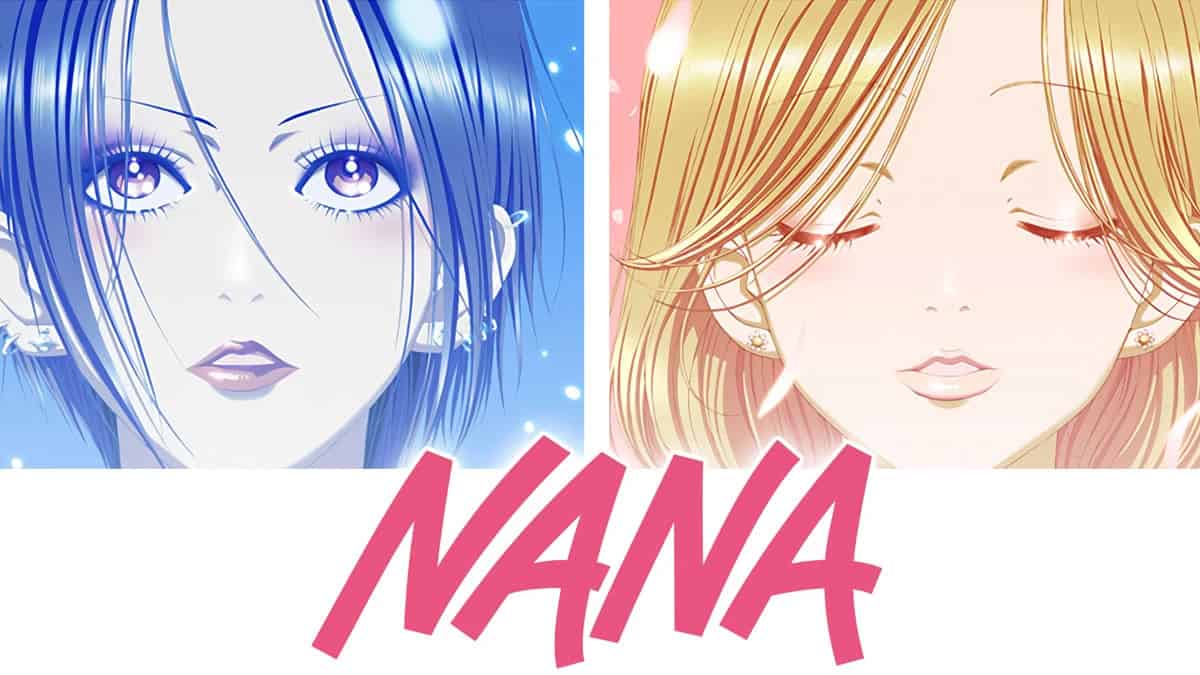At first, I wasn’t that interested in this anime, Nana. But as I watched 10 episodes, it already had me hooked because Nana quickly became unlike anything I had ever seen before. This is ironic, because from its premise it seemed really straightforward and not like something I’d be able to relate to. It didn’t seem like it would go any further than its benign, sort of cutesy exterior. But no, it was entirely different from what I expected.
Nana has a very dark and complex underbelly. You see, it’s an anime about music, but it doesn’t just capture the love and happiness that music can bring, but rather the entire gamut of emotions that come along with pursuing a lifestyle in it. It gives you an authentic picture of not just characters, but what feels like actual people trying to reconcile with their trauma by pursuing their dreams.
However, it takes the concept of dreams that we so often see tackled in shows and turns them on their head to reveal how one-dimensional they can actually be. Let’s talk about different story aspects of Nana and The Deep Meaning Behind The Anime.
Nana Anime Explained
Basically, Nana is able to do all of the things I said at the start through its two female leads. The two female leads come from entirely different walks of life and are practically polar opposites. But it’s able to bring them together through circumstances completely out of their control, almost as if by fate. And then itself is actually made to feel very organic. They happen to end up sitting next to each other on a train heading to Tokyo. They both share the name Nana, the same age, and the same disappointment with their love lives.
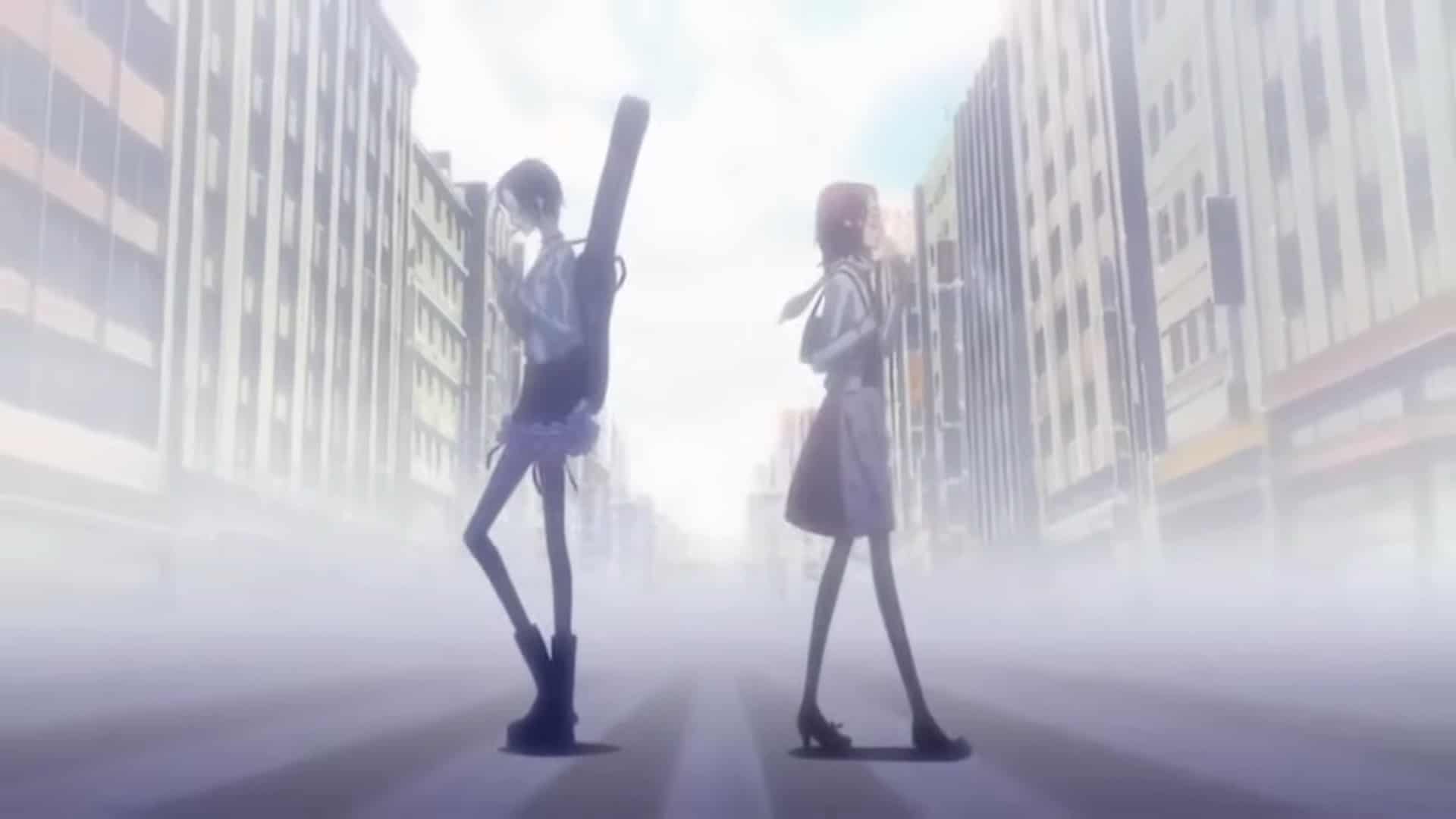
One of the Nanas, who is actually nicknamed “Hachiko” later on, is kind of more insecure, whiny, and just overall a lot to handle, while the other one is cool, aloof, and more of the musician type. So you think they might get on each other’s nerves when they meet. But they’re able to find their differences charming, and it brings a sort of lightheartedness and comfort to their already troubled lives whenever they’re together.
It’s this chance encounter and their decision later on to move in together as roommates that is able to form an enduring connection between them that’s able to stand firm in some of the toughest moments that the series brings. At one point, Nana is ready to throw her hands up for Hatchi’s sake, and it’s glorious.
From there, it branches out to other characters who also have troubled pasts and are trapped by an image of the life they think they want and of the way society has fed them that they should be.
For example, Nana fights against this very thing. Having abandoned issues caused by her mother, the role of family life, being a wife, and being a mother only have negative connotations for her. That’s why her fight is against conformity. She strives to be strong, independent, and most of all, her own person. She does this by setting her sights high and aiming to be a rock star with her band, known as Blast.
Whereas for Hatchi, she blindly follows the traditional dream of being a housewife with a picture of a perfect family because she herself feels ordinary and dull as a person. It doesn’t help that in this world much similar to ours, ideas such as love, happiness, and dreams are idealized, romanticized, and propagated by not just the media in the show but the very music their rival band, the Mega-successful Trapnest, plays.
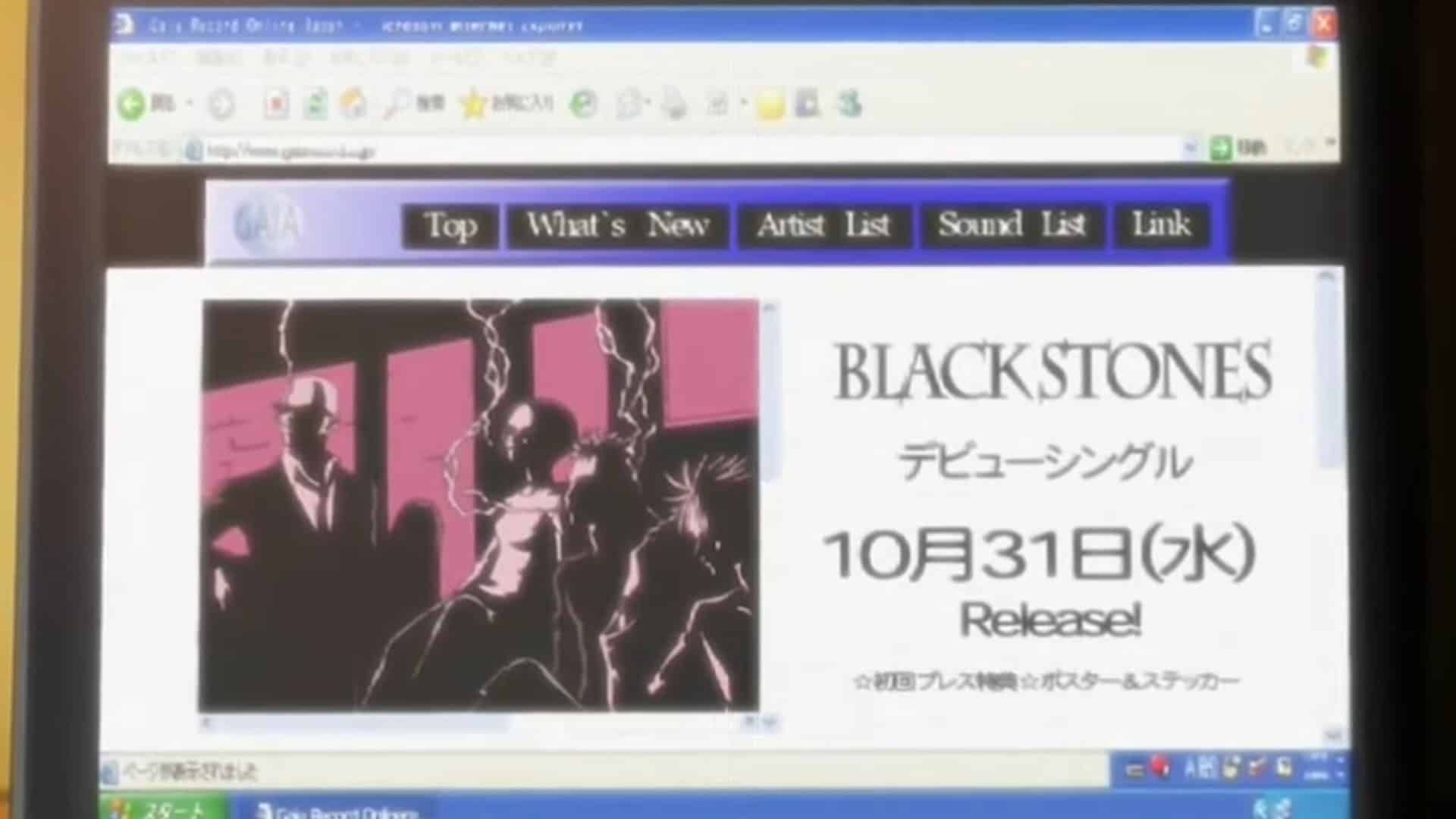
Even though to the public and to the fans they might seem like these out of reach, larger than life characters, they’re also shown to us as just humans who are far from happy. Nana gives us an inner look into their lives and how fame, while alluring, can just serve as a cage where your dreams go to die.
Self Sacrifice In Nana Explained
A major theme throughout the series is that of self-sacrifice. Often in life, you have to be willing to give up your own happiness for the sake of something else. Yasu consistently puts the happiness of others before himself, being there whenever someone needs him without demanding anything in return.
At the end of the series, Nobuo makes a mature yet incredibly painful choice to let Hachi go, knowing it’s what’s best for her if he doesn’t complicate the situation any further.
Hachi picks Takumi to raise their child over Nobuo despite his cold, manipulative demeanor because she knows he can provide stability and security. As much as I loved him, Nobuo is too much like Hachi to be able to offer any help. He was far too immature and irresponsible at that point to handle raising a child.
Takumi, for all this disgusting behavior, will provide a pillar of support for Hachi and the child, even if he’s still only in it for himself. Hachi makes the sensible choice, even if she knows she’s giving up everything she ever dreamed of.
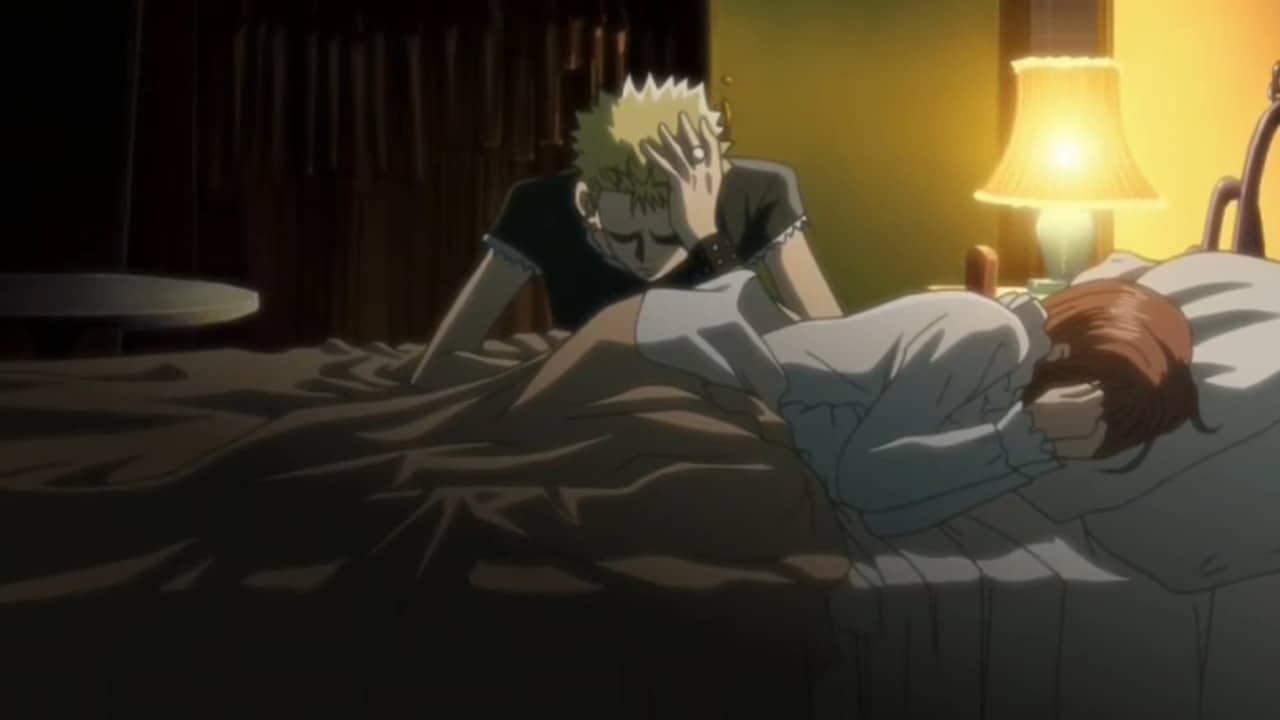
Chasing Dreams In Nana Explained
Chasing your dreams is such a common theme in anime. Some say dreams do come true; others make the point that they don’t. But Nana takes an interesting middle ground. Life doesn’t always work that way. Occasionally, people do make their dreams a reality, but not in the way they anticipated. They go to the proverbial mountaintop and see the other side, only to find the view isn’t what they thought it would be.
Hachi has always wanted to raise a family and be a loving housewife. We see that very early on in her relationship with Shoji. Her pregnancy and engagement to Takumi appear to give her that, but this isn’t quite how she had it scripted.
Nana seems to have everything she wants when Blast finally hits it big, but gaining popularity through Ren feels cheap to her. She wanted to get there herself, to prove her strength. She begrudgingly accepts it, though, thanks to a promise to her friend. Nana’s fear of abandonment as a result of her childhood reappears later in the series, when the mere thought of her separation from Hachi causes her to hyperventilate.
Ren and Nana’s relationship, somewhat similar to Shoji and Hachi’s after their dissolution, never feels quite the same after their reunion. It’s as passionate as ever, but Nana appears to harbor some lingering resentment towards Ren for leaving her behind, like her parents, to pursue his music. That disconnect manifests, and how Nana often turns to Yasu when she needs help. Like anybody, there’s a serious fragility to her. But Nana’s strength in the face of that is truly inspiring.
Nana Anime Ending Explained
Loneliness is a critical theme to the series, driving so many of the characters actions, from the obvious example of Hachi to her relationship with Shin. It’s almost as if the series wishes to say everything we do, all the people we connect with, is out of fear of being alone. Nana certainly believes this at first, but her thoughts shift towards the end of the series.
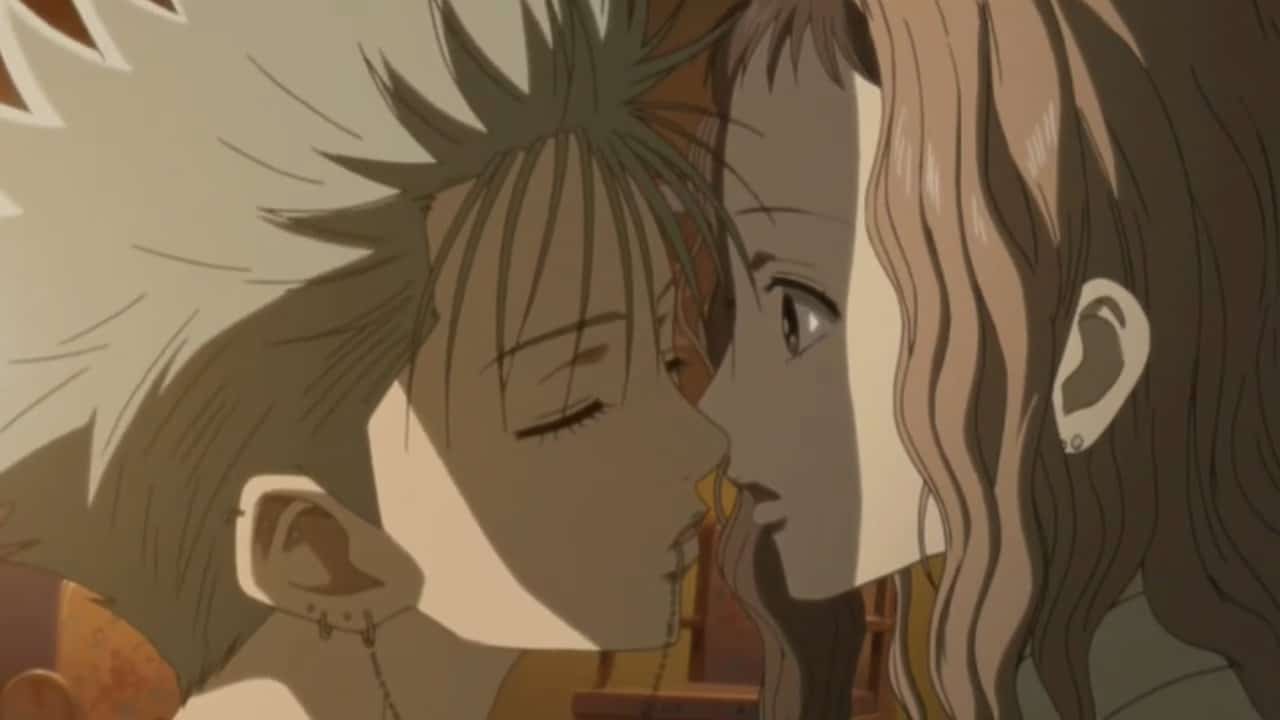
Throughout its 47-episode run, Nana’s characters never lose their agency. They make choices that have far-reaching effects on both their own lives and the lives of those around them. For that very reason, my feelings towards each character never stayed the same for too long. A love-hate relationship that mirrored the rest of the cast’s emotions for them almost to a tee.
For instance, I grew increasingly frustrated with Hachi late in the series, much like Nana herself. Her childish, spoiled nature only seemed to regress. Every minute of screen time she and Takumi shared left me with a nagging exasperation, as Hachi acted like Takumi’s pet. I wasn’t alone in feeling that way, of course. Nana avoided any contact with her whatsoever around the same time.
It’s no coincidence that the series narration switches from Patch’s to Nana’s point of view here. Ultimately, Nana comes to terms with the fact that Hachi made her own decision and will have to live with it. Well, Hachi seemingly grows into a stronger, more responsible person with the birth of her child.
Like Nana, the end of the series reaffirmed my affection for Hachi’s character, though in an irreversibly altered light, a point the series painstakingly makes in its final few episodes.
Nana pulls its story from truly human behavior, and it routinely points to an unattainable reality. It emphasizes even further this serious place as a true to life adult drama. In the final episodes, the characters make every effort at reconciliation. Even Shoji and Hachi get their long overdue closure, a reminder of how they really did care for each other.
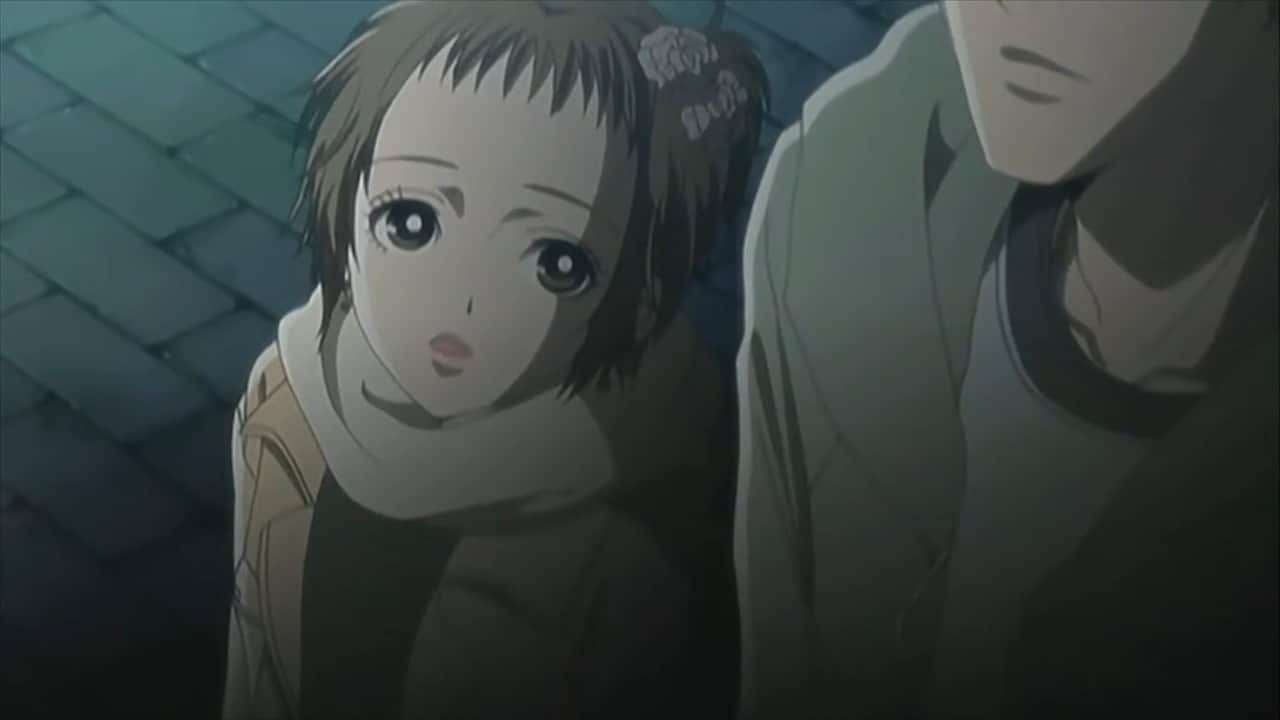
It’s about ironic, one of the series least developed characters. Nana echoes that statement when she says you only realize how much you miss someone until you see them again. Perhaps that’s why Nana left. You’d have to read the still-on-hiatus manga to get the definitive answer, but I’d like to think she comes back one day. It’s as Hachi said, “no matter how painful, as long as we’re alive, something good will happen”.
Isn’t that what Nana’s is all about? A glimpse into this segment of these people’s lives nothing ever stays the same. To live is to change. The old saying “Time heals all wounds” is only partially true. The pain never goes away. The stinging regret and longing for those happy days lost to time hurts the two Nana’s, no matter how many years go by. But maybe they’re not so lost after all. Maybe those days are still there waiting for them.
Also Read: What Episode Does Deku Get His Second Quirk? Blackwhip Quirk Explained

